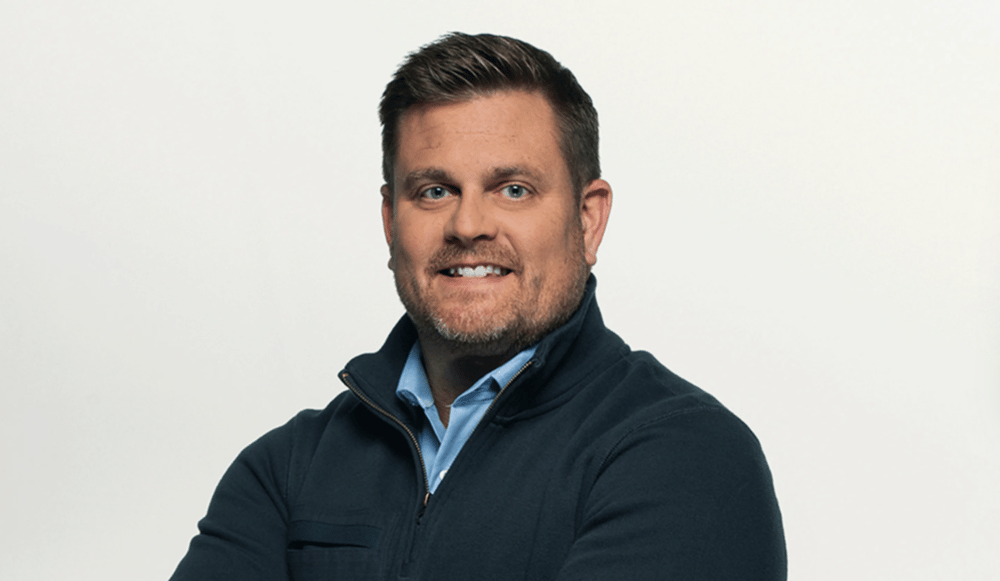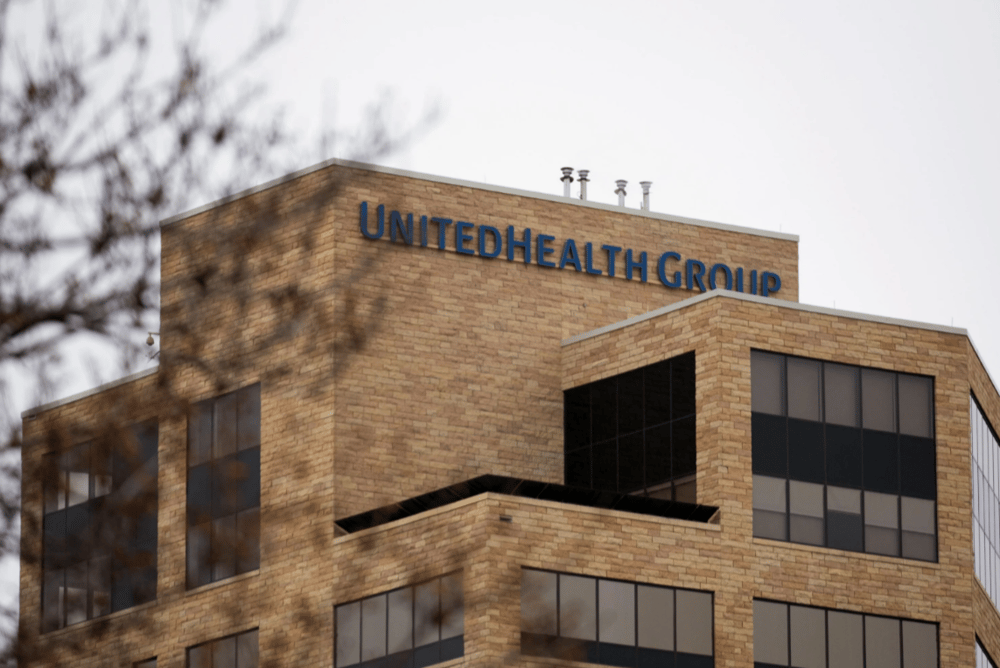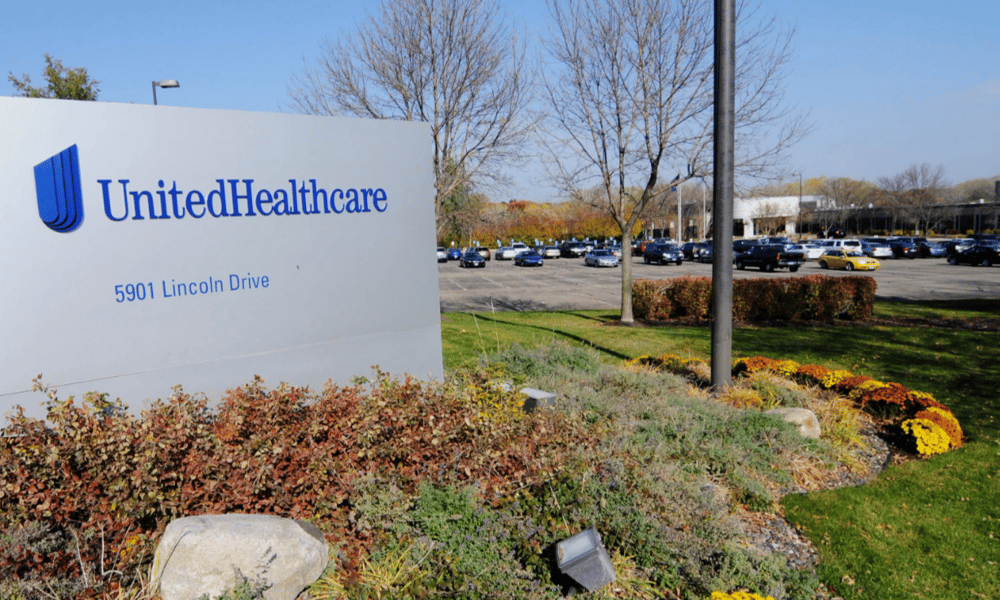UnitedHealth Group’s New CEO Steve Hemslie Addresses Earnings Challenges Amid Rising Medicare Advantage Costs
UnitedHealth Group $UNH, a leading American health insurance and managed care company, experienced a significant leadership transition in May 2025. Steve Hemslie replaced Andrew Witty as CEO during a challenging period marked by the company’s first earnings decline since 2008. This downturn prompted UnitedHealth to suspend its profit forecast as it grappled with unexpectedly high expenses related to the Medicare Advantage program for seniors aged 65 and older and individuals with disabilities.
Financial and Operational Implications of Medicare Advantage Cost Increases
The unexpected rise in Medicare Advantage program costs has exerted considerable pressure on UnitedHealth’s earnings performance. Medicare Advantage plans, which provide Medicare benefits through private insurers, are a substantial revenue and expense segment for UnitedHealth. Increased medical spending, regulatory changes, and shifting healthcare utilization patterns have driven expenses beyond initial projections.
Steve Hemslie emphasized the company's commitment to analyzing ongoing healthcare expenditure trends, including demographic changes and healthcare inflation. This strategic reassessment aims to align UnitedHealth’s operational model with the evolving market conditions to restore profitability and regain investor confidence.
The earnings decline and forecast suspension underscore the vulnerabilities inherent in healthcare insurance models highly dependent on Medicare Advantage reimbursement rates. UnitedHealth’s leadership transition also reflects a broader trend of top executives taking responsibility for navigating complex regulatory and cost environments.

Quick Facts
Company: UnitedHealth Group
New CEO: Steve Hemslie (appointed May 2025)
Former CEO: Andrew Witty
Key Issue: First earnings decline since 2008
Primary Cause: Higher-than-expected Medicare Advantage expenses
Action Taken: Suspended earnings forecast for 2025
Market and Investor Reactions
The market responded cautiously to the announcement of the earnings dip and leadership change. UnitedHealth’s stock experienced volatility but remained a dominant player in the healthcare insurance sector. Analysts highlighted the importance of the company’s ability to control rising Medicare Advantage costs, which directly impact margins.
Investors are closely monitoring Steve Hemslie’s strategic approach to mitigating expenditure growth and optimizing Medicare Advantage offerings. Industry experts note that this situation mirrors challenges across the U.S. healthcare system, where aging populations and increasing care complexity continue to strain insurer financials.

Key Takeaways
UnitedHealth Group faced its first earnings decline since 2008 due to Medicare Advantage cost inflation.
CEO Steve Hemslie has pledged to regain shareholder trust through strategic cost management.
The suspension of profit guidance signals uncertainty in near-term financial outlook.
Medicare Advantage expenses pose ongoing risks to insurer profitability.
Market responses remain mixed, with attention on operational adjustments under new leadership.
A Critical Juncture for UnitedHealth Group in Managing Medicare Costs
UnitedHealth Group’s leadership transition and earnings challenges highlight the complexities of operating within the Medicare Advantage space amid rising healthcare costs. The company’s response under Steve Hemslie will be pivotal in shaping its financial trajectory and investor confidence. As Medicare Advantage expenses continue to grow, insurers like UnitedHealth must adapt their strategies to maintain sustainable profitability in a dynamic regulatory and demographic environment.















Comments